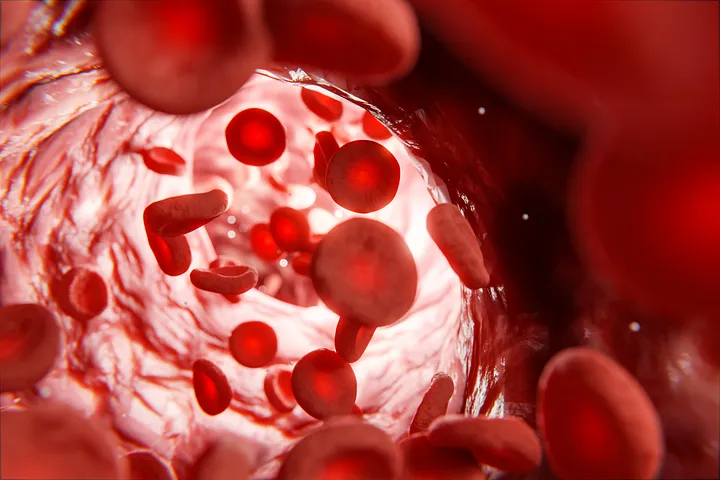For decades, dietary fats — especially saturated fats — have been demonized as the main culprits behind heart disease. We’ve all heard it: “Avoid butter, red meat, and eggs if you want a healthy heart.” But what if we’ve been looking at the wrong culprit all along?
Emerging research paints a far more nuanced picture of the relationship between fats and heart health. In this article, we’ll explore the surprising truths about dietary fats, challenge some of the most common misconceptions, and highlight what really drives heart disease. Spoiler alert: it’s not just cholesterol.
Are All Fats Created Equal?
The story begins in the 1950s when dietary fats, particularly saturated fats, were linked to heart disease by early research. This launched a global movement toward low-fat diets, reinforced by the U.S. government’s 1977 Dietary Guidelines. But as nutritional science evolved, cracks began to appear in this narrative.
Not all fats are harmful. In fact, some fats play essential roles in your body. Saturated fats, for instance, increase large, buoyant LDL particles, which are far less likely to cause heart disease compared to their dangerous counterpart: small, dense LDL. This distinction is crucial and largely misunderstood.
Omega-3 and omega-6 fats, both polyunsaturated fats, further complicate the story. While omega-3s are powerful anti-inflammatory agents that protect your arteries, an overabundance of omega-6 fats — commonly found in processed foods — can promote inflammation and lead to arterial damage. Striking the right balance between these fats is key to heart health.
Inflammation: The Real Culprit
Cholesterol often takes the blame for heart disease, but it’s inflammation and oxidative stress that are the true drivers. Small, dense LDL particles, often elevated by diets rich in refined carbohydrates, infiltrate artery walls, triggering an immune response. This process, fueled by chronic inflammation, leads to plaque buildup and heart disease — not cholesterol alone.
So, what does this mean for your diet? It’s time to shift the focus from simply lowering cholesterol to addressing inflammation through better food choices. Incorporate anti-inflammatory foods like fatty fish, leafy greens, and antioxidant-rich berries into your meals.
The Role of Dietary Cholesterol
Another common misconception is that cholesterol-rich foods like eggs and meat significantly raise your blood cholesterol levels. The truth? Most cholesterol in your body — around 90% — is produced by your liver. The cholesterol you consume is chemically altered (esterified), making it minimally absorbed by your intestines.
This doesn’t mean you should disregard cholesterol completely, but it does mean you can enjoy nutrient-dense foods like eggs without undue fear. The real focus should be on your overall dietary pattern rather than avoiding cholesterol-rich foods.
What Should You Do?
Here’s the bottom line: the quality of fats in your diet matters more than the quantity. Avoid trans fats and seed oils, balance your intake of omega-3 and omega-6 fats, and focus on whole, unprocessed foods. By managing inflammation and improving the quality of your LDL cholesterol, you can take meaningful steps toward better heart health.
Want to dive deeper into the science of dietary fats and heart disease? Learn how to make informed choices and uncover the truth about what really drives heart disease in my full video.
Discover the Truth
Watch the full video here to learn more about the role of dietary fats, inflammation, and cholesterol in heart health. Don’t forget to subscribe to my channel, Mend Human, for more insights on nutrition, health, and well-being!
Let’s change the way we think about fats, together. Have questions or thoughts? Share them in the comments below my video— I’d love to hear your perspective.






Leave a Reply